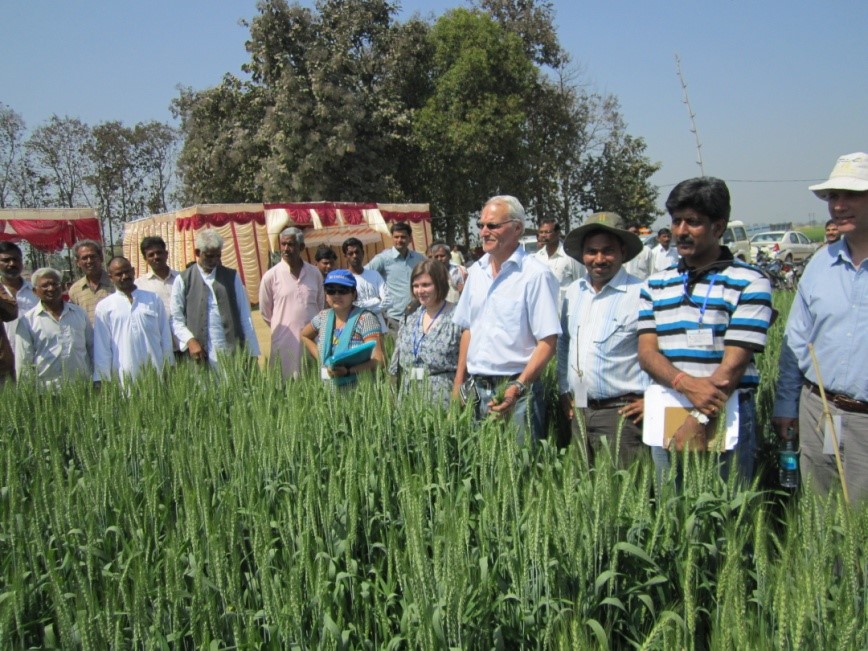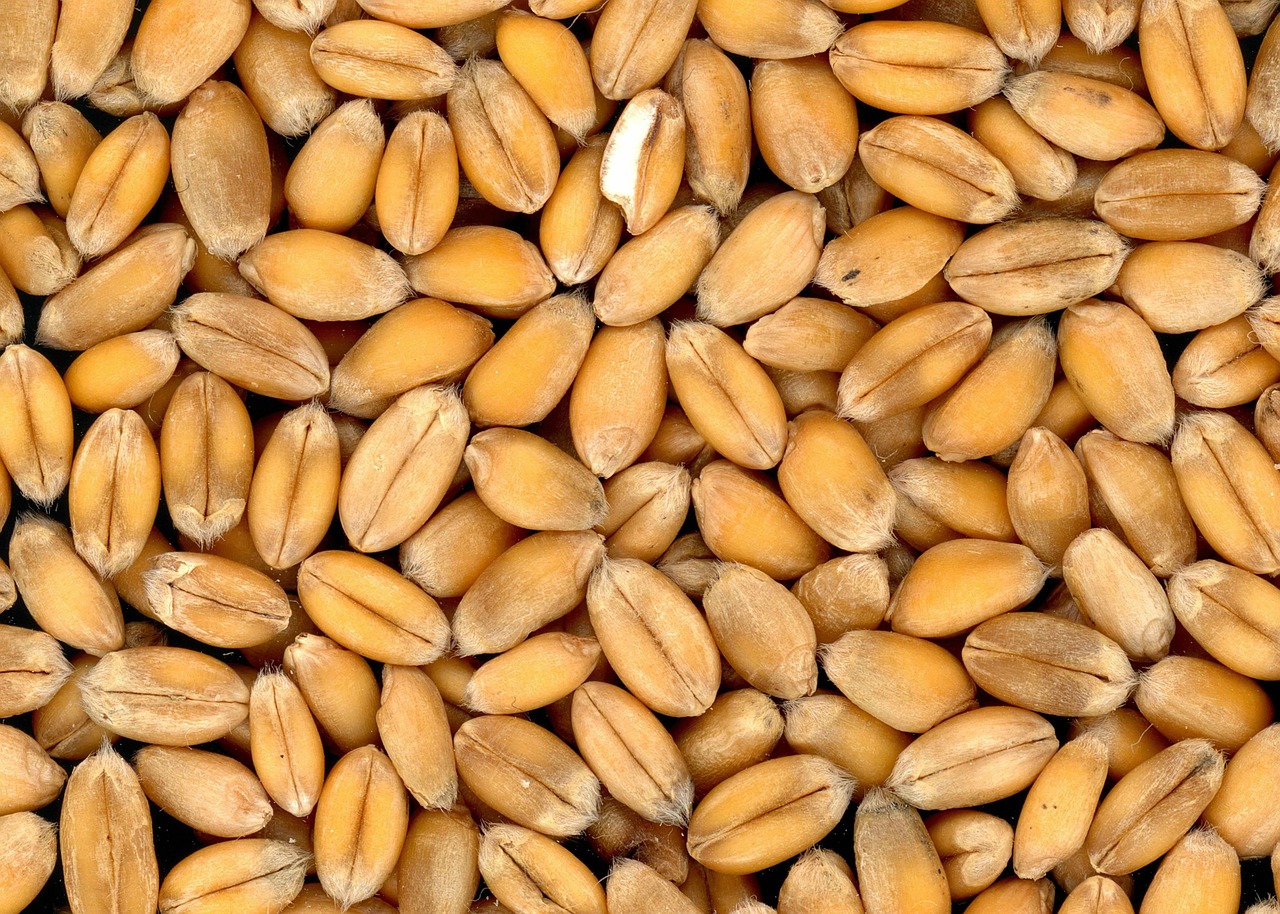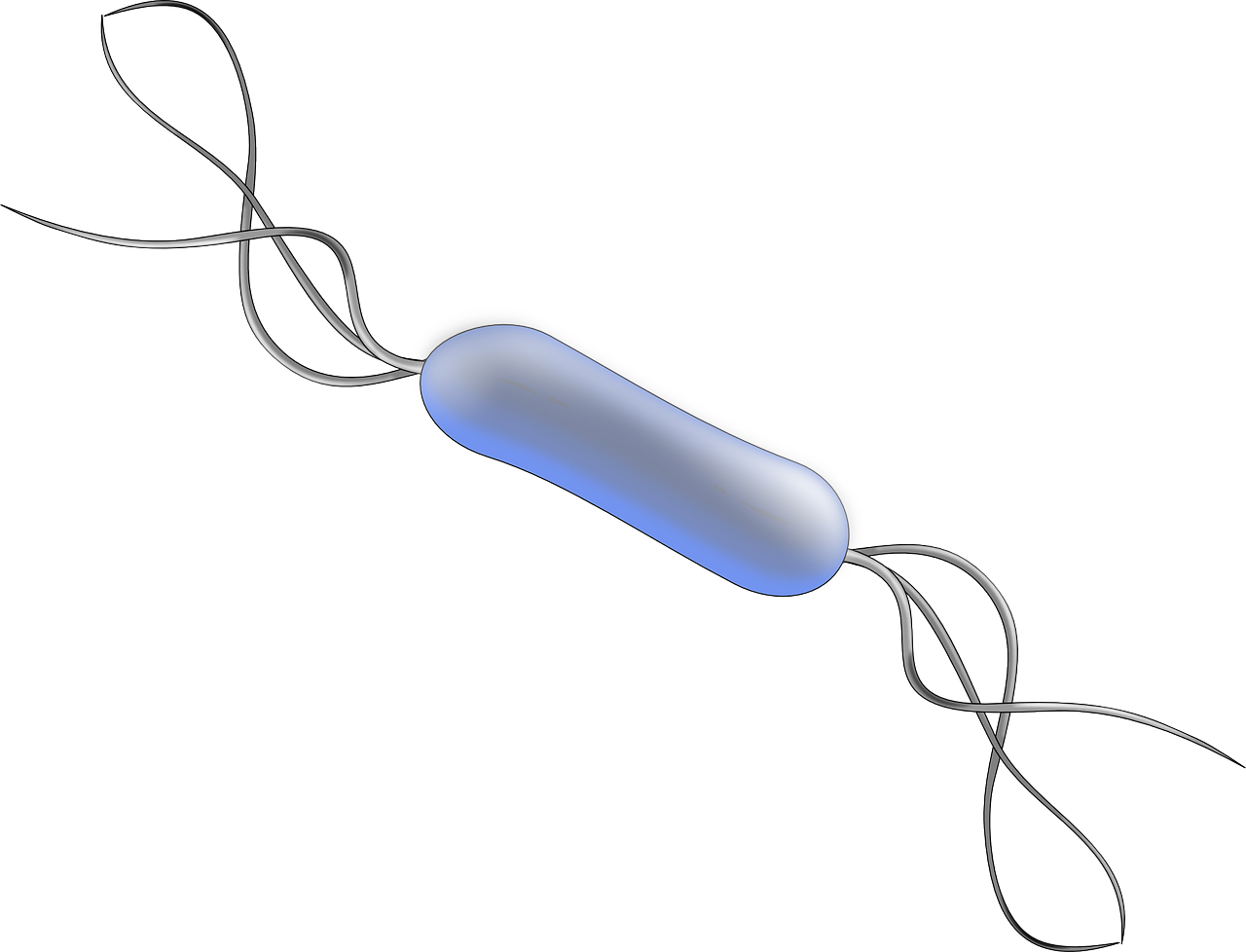Scientists have identified regions in the wheat genome responsible for the concentration of zinc in wheat grain. They have also identified candidate genes involved in zinc concentration in wheat. The findings can potentially help in developing wheat varieties with enhanced levels of the micronutrient, scientists said.

Researchers have found 39 new molecular markers and two genome segments that carry important genes for zinc uptake, translocation, and storage by analyzing zinc concentrations. A total of 330 wheat lines were analyzed from different environments in India and Mexico. The genome-wide association approach, used in human disease research, was applied in this study to locate genome segments linked to zinc uptake.
“We found few key hotspot genomic regions for grain zinc concentration in wheat. The results will be validated in breeding lines and mapping populations. We hope to consequently use it to develop new wheat varieties to improve food and nutritional security in India and globally,” said Dr. Govindan Velu, wheat breeder at International Maize and Wheat Improvement Centre (CIMMYT) which led the study.
This study was jointly conducted by researchers from CIMMYT, Flinders University, Australia; Punjab Agriculture University, Ludhiana; Indian Institute of Wheat and Barley Research, Karnal; and Banaras Hindu University (BHU), Varanasi.
Dr. Vinod Kumar Mishra, a researcher from BHU explained that “there are varieties of wheat with different grain zinc concentration but we wanted to find out genes responsible for higher zinc level in wheat. When we studied 330 wheat germplasm under similar environmental conditions and agriculture practices, we found zinc concentration to be different across them. This helped in identifying genes responsible for this variation.”
In this study, a higher number of genetic markers was used than earlier studies. Markers play an important role in identifying genes responsible for traits of an organism or plants, Dr. Mishra told India Science Wire.
About 30 percent of the Indian population is estimated to have a zinc deficiency. Children below 5 years of age and pregnant women are more vulnerable to nutrient deficiency. “It is becoming increasingly possible to improve nutritional values of major staples like wheat by a combined use of traditional breeding and cutting-edge genomic approaches. The hotspot genomic regions and the molecular markers identified by the study would, for instance, facilitate precise selection of promising progeny lines through marker-assisted breeding”, added Dr. Velu.
The study results have been published in journal Scientific Reports. Apart from Dr. Velu and Dr Mishra, the research team included Ravi Prakash Singh, Leonardo Crespo-Herrera, Philomin Juliana and Susanne Dreisigacker (CIMMYT, Mexico); Ravi Valluru (Cornell University); James Stangoulis (Flinders University); Virinder Singh Sohu and Gurvinder Singh Mavi (PAU); Arun Balasubramaniam (BHU); Ravish Chatrath and Vikas Gupta, Gyanendra Pratap Singh (IIWBR); and Arun Kumar Joshi (CIMMYT, Global Wheat Program, New Delhi). (India Science Wire)
By Umashankar Mishra
Journal Article
If you liked this article, then please subscribe to our YouTube Channel for the latest Science & Tech news. You can also find us on Twitter & Facebook.



